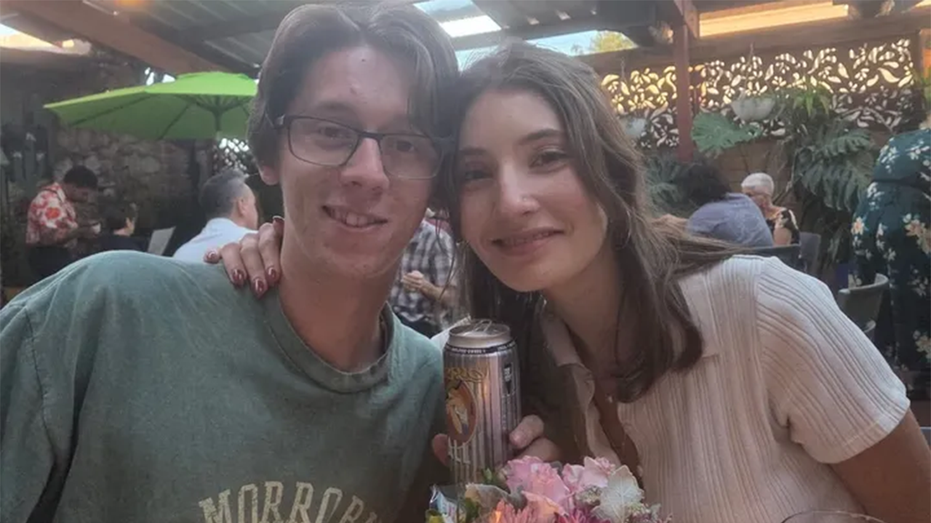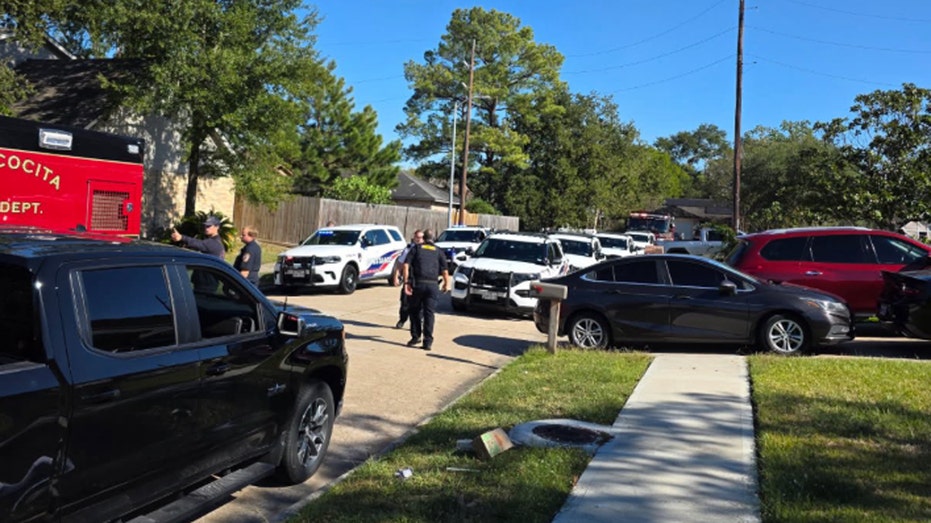Aileen Wuornos, a name synonymous with darkness, wasn’t born a monster. She was a woman caught in a brutal cycle, a desperate soul who confessed to unspeakable acts, driven by a fierce, consuming love. Her story, unfolding along the desolate highways of Florida, became a chilling national obsession.
Between 1989 and 1990, seven men, all middle-aged, vanished and were later discovered murdered. Wuornos, a drifter from Michigan, became the prime suspect, and ultimately, the convicted killer. But the narrative surrounding her case was far more complex than the sensational headlines suggested.
Those who knew her intimately reveal a woman starved for connection, a person who had never truly been heard. “The first time she was getting interviews and being listened to seriously was when she’d committed these murders,” observed one filmmaker, a heartbreaking reflection on a society that often ignores the vulnerable until it’s too late.
Early recordings unearthed from Florida’s death row offer a startling glimpse into Wuornos’ mind. To a filmmaker she corresponded with for a decade, she whispered with a strange excitement: “You guys are gonna make millions off this.” Even in the face of unimaginable consequences, she possessed a chilling awareness of her own notoriety.
The media frenzy that followed her 1991 arrest transformed her into the “queen of the serial killers,” a label she seemed, disturbingly, to embrace. She understood the public’s hunger for true crime, and she played a part, even as she lamented being exploited.
At the heart of the tragedy lay a love story twisted by betrayal. Wuornos’ girlfriend, Tyria Moore, agreed to cooperate with investigators in exchange for immunity. A desperate, tearful phone call, secretly recorded, revealed Wuornos’ willingness to confess everything to protect the woman she loved.
Unbeknownst to Wuornos, police were manipulating Moore, guiding her to extract a confession that would seal her fate. That confession led to convictions for six murders, a haunting testament to a love turned devastatingly wrong.
Wuornos and Moore’s relationship began in 1986, a passionate connection forged amidst hardship. “I loved her so bad,” Wuornos confessed, revealing she carried a gun not for malice, but for survival – to ensure she could return to Moore each day. But fate, and circumstance, had other plans.
Investigators connected Wuornos to a string of brutal crimes, linking her to Richard Mallory, David Spears, and others found along lonely stretches of highway. Fingerprints in stolen vehicles and at crime scenes painted a grim picture, solidifying the case against her.
Moore vehemently denied any involvement in the murders, desperately trying to distance herself from the unfolding horror. Yet, even behind bars, Wuornos’ love for Moore remained unwavering. “I miss her a lot… I’ll always love her,” she said, her voice filled with a haunting sorrow.
Wuornos often lured her victims by posing as a hitchhiker, offering sex for money, weaving tales of hardship and desperation. She claimed self-defense after alleged assaults, but also admitted to robbery, a complex and disturbing mix of survival and violence.
The tabloids branded her the “Hooker from Hell,” the “Damsel of Death,” fueling the public’s morbid fascination. Reporters sought to unravel the mystery of a woman capable of such brutality, desperate to understand the darkness within.
Those who interviewed her were struck by her contradictions. She was charismatic yet cold, a victim of violence who also inflicted it. She defied easy categorization, a chilling embodiment of human complexity.
The truth, according to those who delved into her past, was a childhood marred by trauma and repeated sexual abuse. While this didn’t excuse her actions, it offered a glimpse into the forces that shaped her broken life. It was a disturbing realization: many endure similar horrors without resorting to such violence.
As her execution neared, Wuornos descended into paranoia, convinced she was the target of conspiracies. Her final words were a bizarre declaration of return, a chilling echo of science fiction and religious fervor: “I’m sailing with the rock… on the big mothership.”
Her death didn’t quell the public’s fascination. Charlize Theron’s Oscar-winning portrayal in “Monster” brought Wuornos’ story to a new generation. But beyond the sensationalism, her story remains a haunting exploration of trauma, love, and the dark corners of the human psyche.
Wuornos’ story is a “Trojan horse,” one filmmaker explained, concealing deeper truths about societal failings and the media’s role in shaping perceptions. It’s a story that continues to challenge us, forcing us to confront uncomfortable questions about the forces that create monsters – and the humanity that may still linger within them.






